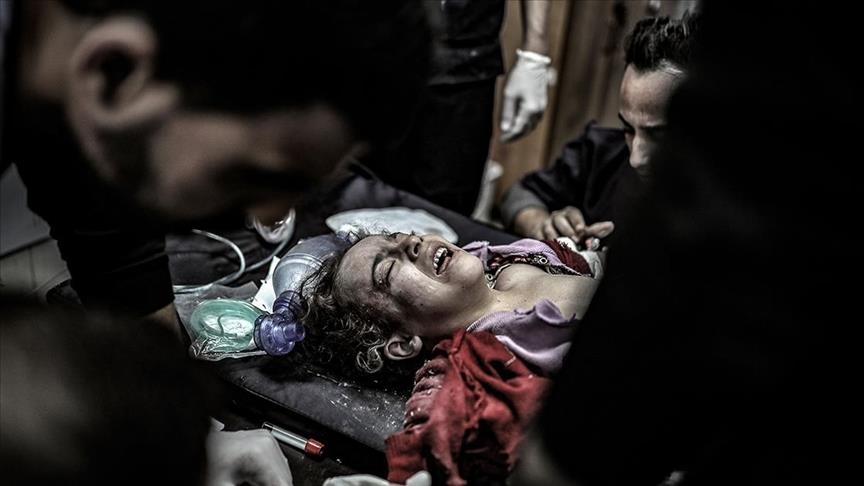Israel to contest genocide case filed by South Africa at International Court of Justice
Earlier, South Africa filed a case at ICJ to initiate legal action and investigate Israel's crime of genocide in Gaza

JERUSALEM
Israel decided on Tuesday to appear before The Hague-based International Court of Justice (ICJ) to defend itself against the genocide crime case filed by South Africa.
According to the Israeli public broadcaster KAN, the decision was taken following intensive discussions between Israeli top officials and Prime Minister Benjamin Netanyahu.
"Israel has signed the convention against genocide for decades, and we will certainly not boycott the proceeding, but stand up and repel the absurd blood plot against us," Israel’s national security adviser, Tzachi Hanegbi, said in a statement late on Monday.
The Haaretz daily said the Israeli army and the Attorney General's Office started preparing how to deal with the case at the ICJ.
On Friday, the Israeli Foreign Ministry strongly condemned South Africa for initiating legal action at the ICJ to investigate its crime of genocide in Gaza.
In a statement, the Israeli Foreign Ministry described the South African move as a "blood libel" against Israel in its applications to the ICJ.
South Africa earlier filed an application instituting proceedings against Israel before the ICJ.
The application was filed "concerning alleged violations by Israel of its obligations under the Convention on the Prevention and Punishment of the Crime of Genocide in relation to Palestinians in the Gaza Strip," the ICJ said in a press release.
"Israel has engaged in, is engaging in and risks further engaging in genocidal acts against the Palestinian people in Gaza," the African country said.
Israel has pounded the Gaza Strip since a cross-border attack by the Palestinian group Hamas on Oct. 7, killing at least 22,185 Palestinians, mostly women and children, and injuring around 58,000 others, according to local health authorities.
Israeli attacks have left Gaza in ruins, with 60% of the enclave’s infrastructure damaged or destroyed, and nearly 2 million residents displaced amid acute shortages of food, clean water, and medicines.
*Writing by Ahmed Asmar








